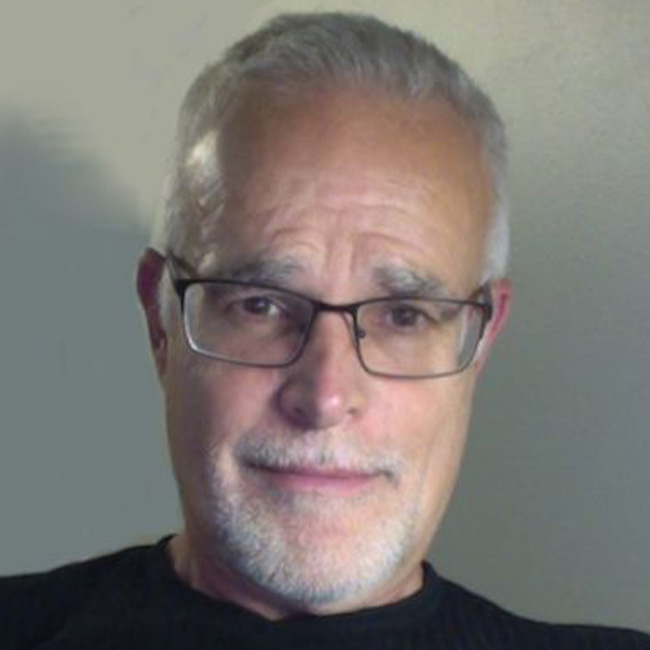Session Title
Taking an Ecosystem View Instead of a Team View: Using Agile 2 Ideas
Abstract
Agility arises from behavior, not from workflow process. One challenge is that the problematic behaviors are different from one organization to another. We will explain how we used a behavior-centric approach to uncover the behavioral challenges and drive the behavioral change that we need for agility.
One of the case studies is a large software product company, another is a biomedical research organization. These two cases require very different practices. This illustrates that agility is not about a process framework or practices, but rather is about establishing behavioral norms and expectations, helping people to generate their own strategies, and giving them the intellectual and behavioral skills that they will need to execute and course correct.
Bio
Cliff is Managing Partner of Agile 2 Academy, and he co-founded the Agile 2 movement (agile2.net). Cliff has been an agilist from the beginning: in 2000 he was CTO and co-founder of Digital Focus (purchased by Command Information in 2006), a 1995 startup that had grown to 200 people in five years and adopted Agile (eXtreme Programming) in 2000. Digital Focus built real time B2B systems for McKesson Pharma, FedEx, CapitalOne Bank, and many others, always fixed price, and had a reputation for building things that work at scale.
Since Digital Focus, Cliff has helped numerous organizations adopt Agile and DevOps methods, working with leadership and teams. In one case, a McKinsey audit of the client revealed that Cliff's team was the only team "doing real DevOps" - two years after Cliff had finished working with the team.
Cliff is the author of six books, including Agile 2: The Next Iteration of Agile, Sun Microsystems’ first book about “enterprise” Java, and the 2005 textbook High-Assurance Design, which described ways for Agile teams to build high assurance business systems for banking and healthcare.
Cliff has masters degrees in Operations Research and Nuclear Engineering, and is an avid reader of books of all kinds, most recently mathematics, biochemistry, and psychology. Cliff's current focus is spearheading the application of appreciative inquiry-oriented techniques to help organizations to better align their culture to support true agility.
